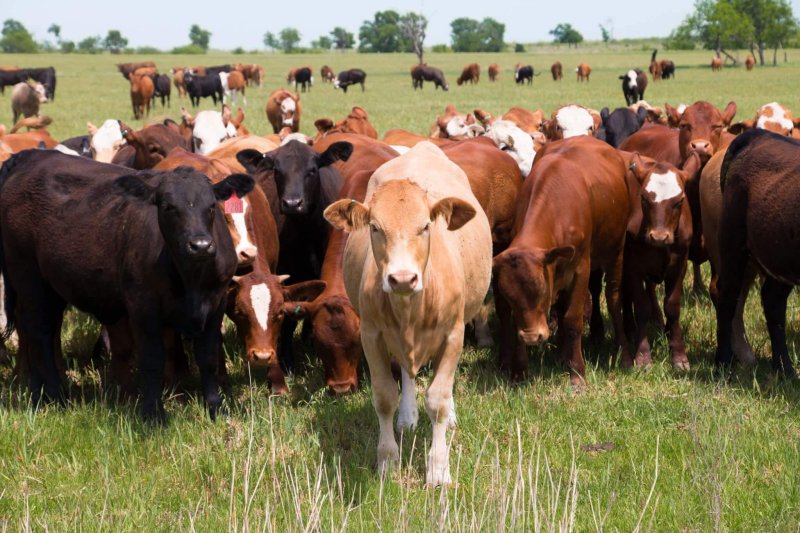“There are still people talking about, ‘OK, well let’s reduce our emissions quickly and then we’ll be fine,’” says Janos Pasztor, executive director of the Carnegie Climate Governance Initiative, who wasn’t involved in the report. “We won’t be fine. It’s not enough.”
It’s not enough because cutting emissions doesn’t fix the broken systems that underlie it. This new report takes steps to quantify how our abuse of the land—deforestation, industrial agriculture, draining of carbon-capturing peatlands—is driving climate change, and in turn how that climate change is exacerbating the degradation of land the world over. It’s a vicious circle the human species has to break, and fast.
Take our unhealthy relationship with meat. Demand has skyrocketed in recent decades, in part because booming economies are bringing the poor into the middle class.
Read full, original article: New IPCC Report Shows How Our Abuse of Land Drives Climate Change































